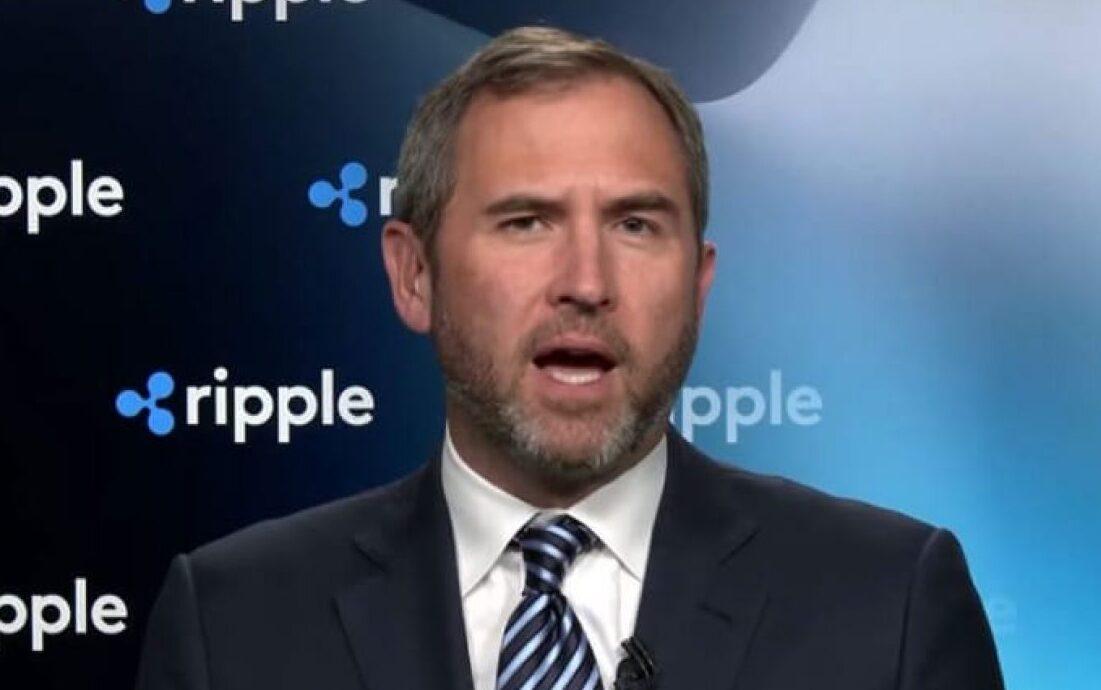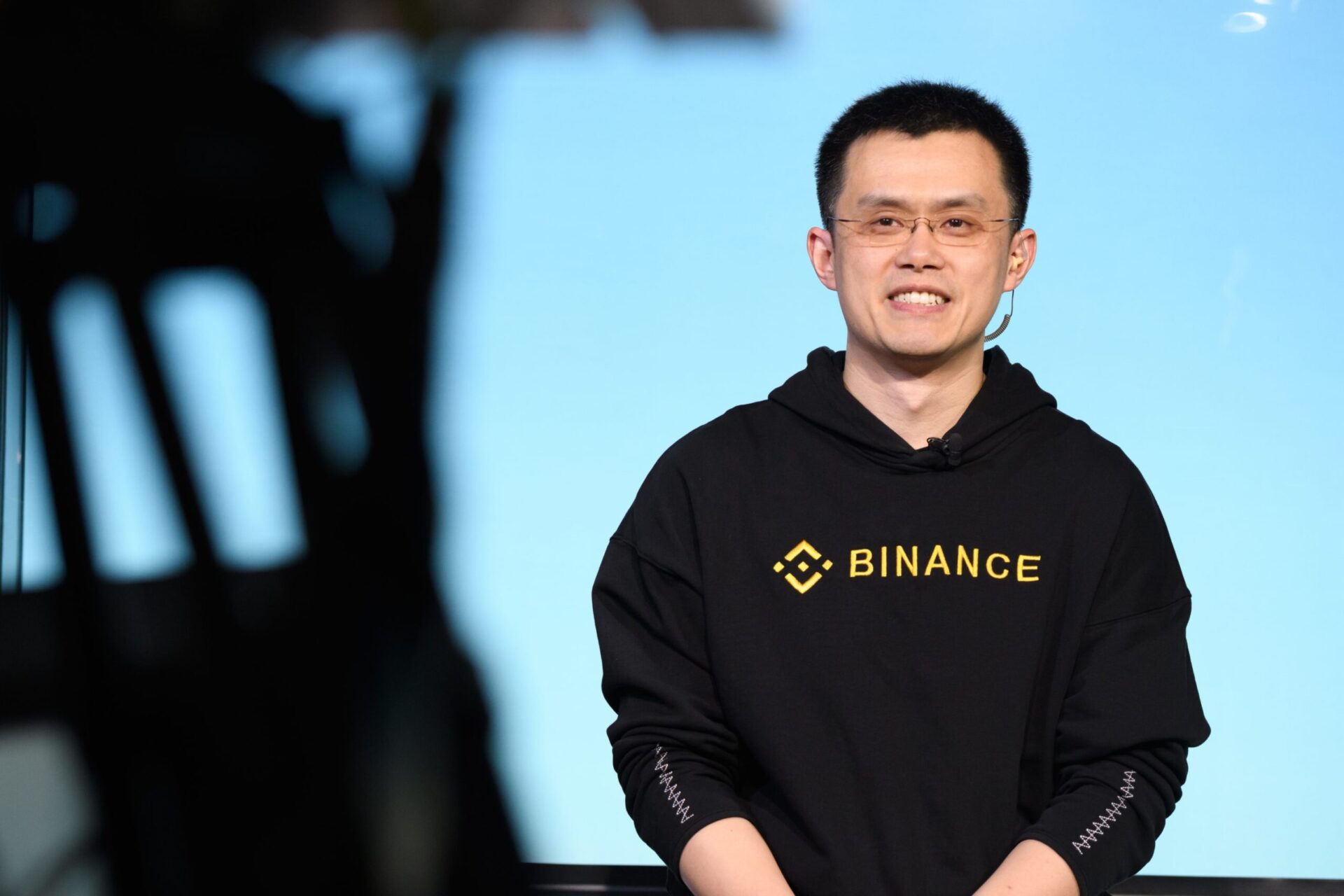Known for pioneering cryptocurrency XRP, Ripple has been caught in a high-stakes legal tussle with the U.S. Securities and Exchange Commission since last year.
Ripple CEO Brad Garlinghouse doubled down on his frustration surrounding the lack of clarity in U.S. regulation of digital assets in an appearance on CNBC’s “Squawk Box” on Wednesday.
He says a big part of the problem with crypto regulation in the U.S. is not the cryptocurrency players, but the lack of action from the U.S. regulators compared to global peers. The SEC charged Ripple, co-founder Chris Larsen and Garlinghouse with conducting an illegal securities offering that allegedly raised more than $1.3 billion through sales of XRP.
XRP was trading up about 8 percent on Wednesday morning amid a crypto rebound, and it is up more than 300 percent year-to-date but has fallen far from its YTD high during the recent crash in cryptocurrencies. Bitcoin had bounced back from its massive, recent decline and was hovering around $40,000 on Wednesday.
“There’s a misunderstanding of how these technologies can be applied,” Garlinghouse said. “In the United States, there has been a lack of regulatory clarity. Other countries, G20 markets, they have invested the time and energy, either through legislation or rulemaking, to provide that clarity and certainty, which allows investors to participate, entrepreneurs to build.”
Fights between the crypto industry and regulators are ongoing — on Wednesday, the U.K. banned an advertisement advising people to buy bitcoin calling it “irresponsible.” An opinion article in the Wall Street Journal this week called for a ban on crypto and cited issues like hackers using cryptocurrencies to get paid for cyberattacks like the recent Colonial Pipeline ransomware incident.
Robinhood, says in the first quarter of 2021, 9.5 million customers traded crypto on Robinhood Crypto, compared to 1.7 million in the fourth quarter of 2020.
Ripple’s on-demand liquidity service uses XRP as a kind of “bridge” between currencies, which it says allows payment providers and banks to process cross-border transactions much faster than they would over legacy payment rails.
Despite this month’s return of crypto volatility — bitcoin is still down more than 32 percent this month for its worth monthly decline since 2018 — it and other tokens like XRP surged to new heights this year. Ripple owns most of the XRP tokens in circulation and sells a tiny fraction of its holdings each month.
“XRP is an open-source technology very analogous to bitcoin,” Garlinghouse explained. “But the SEC is making the assertion that these are investment contracts … that Ripple sales of XRP to our customers is actually an investment contract. That isn’t true. If you buy XRP, you don’t have ownership of Ripple and ironically you have XRP owners who have tried to sue the SEC for even bringing the case.”
Bitcoin, Energy Use and Elon Musk
Iran banned bitcoin mining operations on Wednesday amid power shortages. China has cracked down on miners in recent months too after concerns about energy consumption.
The Ripple CEO has been a critic of how much energy bitcoin mining uses but says he is far from the only figure who has raised the issue, with everyone from Elon Musk to Bill Gates and Jack Dorsey weighing in, and Ripple is not waging some secret war against bitcoin.
“If Ripple could control those people we probably wouldn’t have a lawsuit from the SEC,” he said.
Musk’s Monday tweet that he was talking to bitcoin miners about energy efficiency ideas that were “promising” helped boost bitcoin.
Earlier this month Ripple beefed up its board, appointing former U.S. treasurer Rosie Rios.
“I think at the end of the day, the industry should focus on utility. And are these technologies solving real problems for real customers,” Garlinghouse previously told CNBC, adding that Ripple will continue to leverage its XRP ledger and tokens to make payments efficient. Still, the company has threatened to relocate to other jurisdictions if XRP is deemed a security in the U.S.




 Forex4 weeks ago
Forex4 weeks ago


 Naira3 weeks ago
Naira3 weeks ago
 Billionaire Watch3 weeks ago
Billionaire Watch3 weeks ago






 Naira3 weeks ago
Naira3 weeks ago






 Naira3 weeks ago
Naira3 weeks ago




 Naira2 weeks ago
Naira2 weeks ago






 Naira2 weeks ago
Naira2 weeks ago




 Naira4 weeks ago
Naira4 weeks ago













